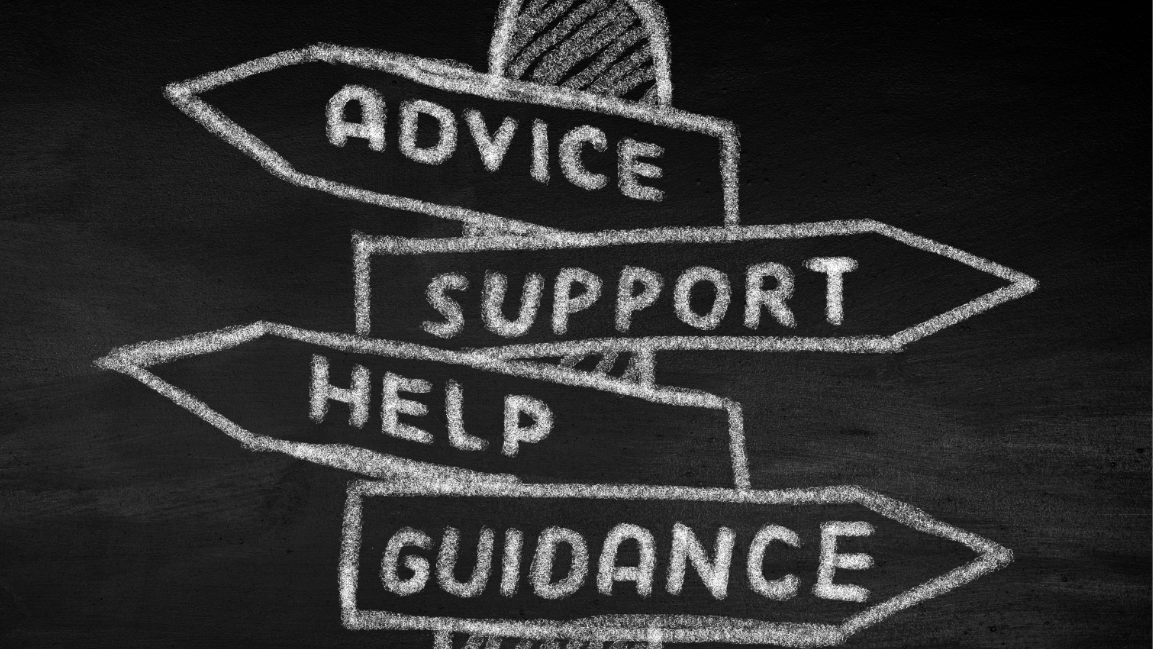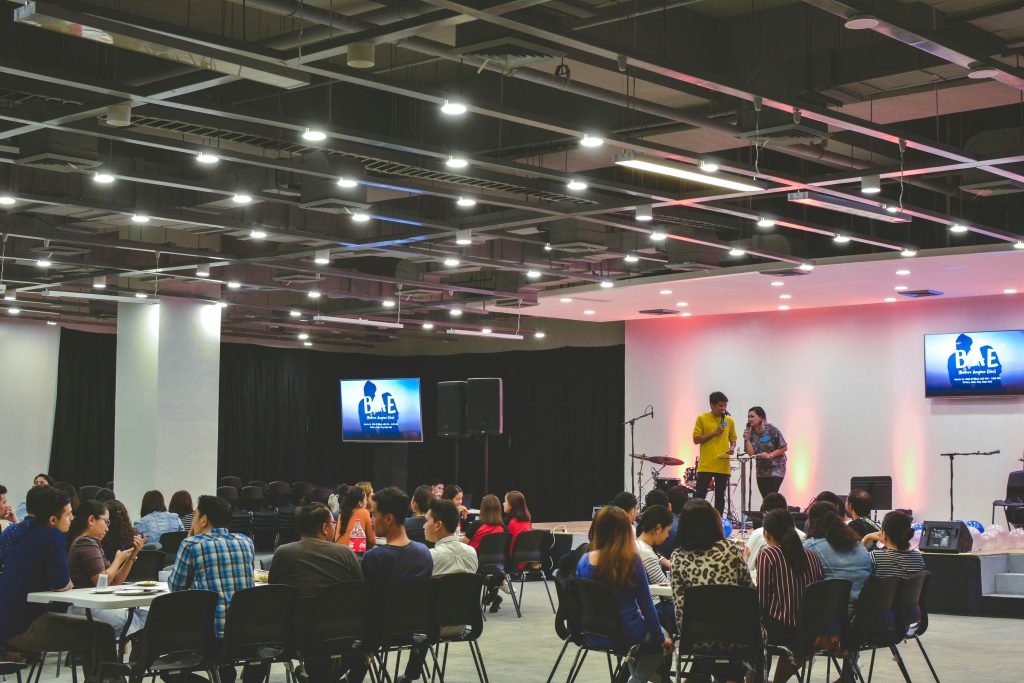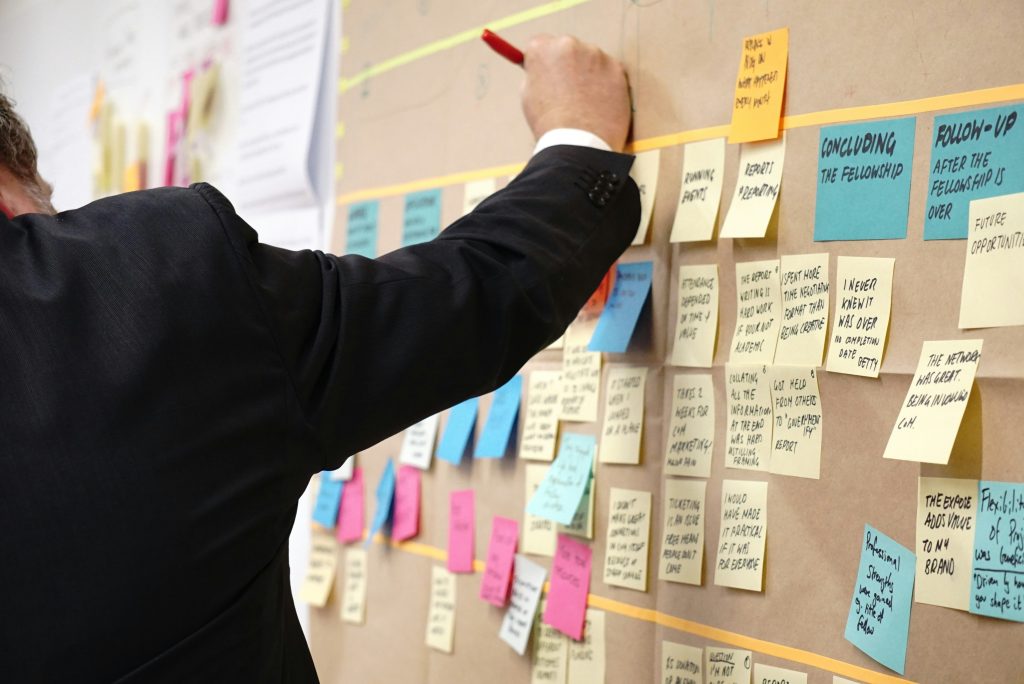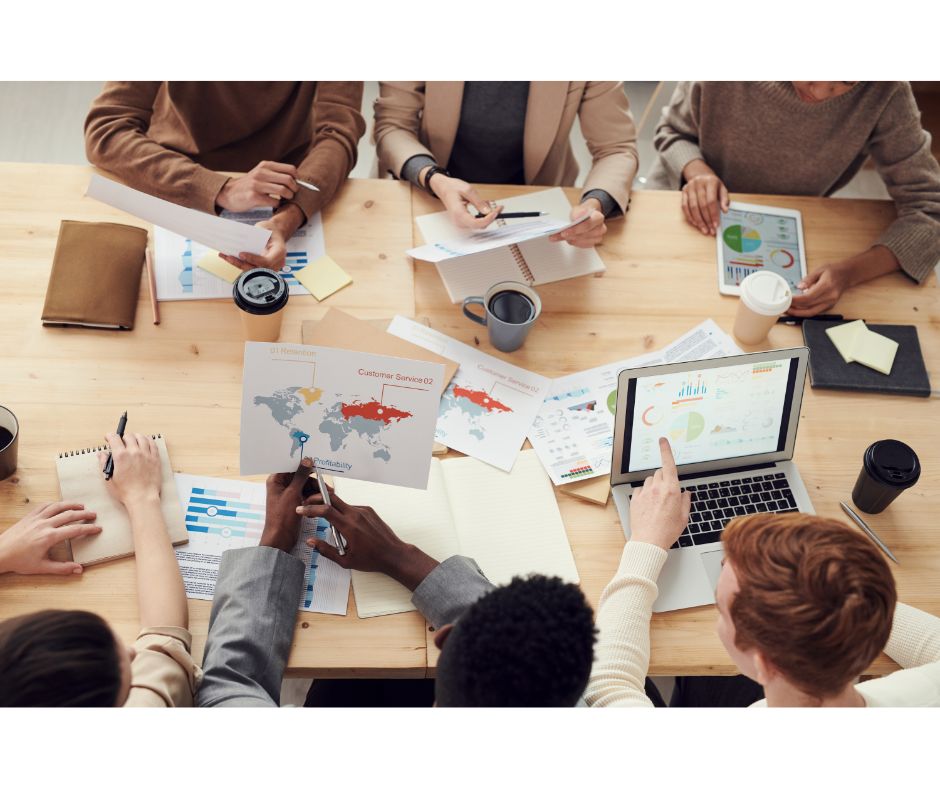In our ongoing blog series, we address common questions from students interested in joining our online programs at Robert Kennedy College (RKC). To provide valuable insights, we have gathered feedback from our past and current students on how they navigated the challenges of online learning. We hope that their experiences will assist you in making an informed decision.

Let’s learn from those who came before and see if what worked for them will help you become a better student!
An Introduction
Which Uni are you studying with?
York St John University
Which programme did you choose and why?
I studied MBA in Leadership and Management. I chose it because I am a finance person, but I work with the operations unit, which oversees the running of the office. Leadership and management skills are needed to manage people.
Who you are, really?
I am a proud RKC student 🙂
The Study Plan

How did you plan to study each module, and what was the reality? How many hours did/do you have to put in each day/or in a week?
My course is an online one. I mostly study on weekends and sometimes weekdays in the office when everyone has left. I usually listen to lectures and make my own notes. In total, I put in more than 10 hours a week because I also have to do research, listen to videos over and over, and read relevant textbooks.
What part of the day did/do you find most suitable to study? (e.g. early mornings, lunch break, evenings, weekends?)
Weekends, early mornings, and late evenings. Weekdays, late evenings after work in the office when everyone has left. I usually stay back for at least 2 hours.
How much time did you devote for each assignment?
For you to get a passing mark, you need to do proper research and understand your subject matter. So, I had to drop some social commitments and devote more time to my studies.
Travelling and Communication

How did travelling impact your ability to study?
I am studying online, so travelling does not impact me.
How were you able to interact with peers and/or professors given the time differences?
There was a module that needed group interaction, and my fellow students were leaving in 2 different time zones, but we were able to agree on a time to meet. Time differences did not affect my interaction with my professors, as they always responded to me in time and could be reached whenever needed.
A typical day as a master’s student
What does a typical day as an Online Masters’ student look like for you?
A typical day for me starts early, at about 5:30 a.m., on weekends, with me going to our University website, listening to videos, and reading the online materials. On weekdays, it also starts at 5:30 a.m., when I get ready for work. I work until 6:00 p.m., and then I spend two hours, sometimes more, in the office studying.
Any advice you have for students to better plan their studies

The best advice I can give to students is
- Find a time in the day for up to 2 hours to concentrate on your studies.
- Reduce social activities, especially if you are working and studying simultaneously.
- If you don’t understand the instructions for an assignment, try asking a lot of questions to your professor. I had to retake a module because I misunderstood the instructions.
- Find a fellow student in your course who can discuss some topics for better understanding.
- Learn to submit assignments 2/3 days before the deadline. You might get an unexpected internet challenge uploading your assignment at the last minute and miss the deadline by a few minutes, which will give you a capped mark.

If you have been thinking about getting an online degree, and proving to yourself and others that you CAN do it, now would be an excellent time to take the plunge. Have a look at our list of programmes and see if we have anything that could help.
I hope this blog has answered some of your questions, and please watch this place for more similar blogs. You can also chat LIVE on WhatsApp with one of our Education Advisors for more information on all the programmes we offer, the application process, and the discounts we might offer.



















